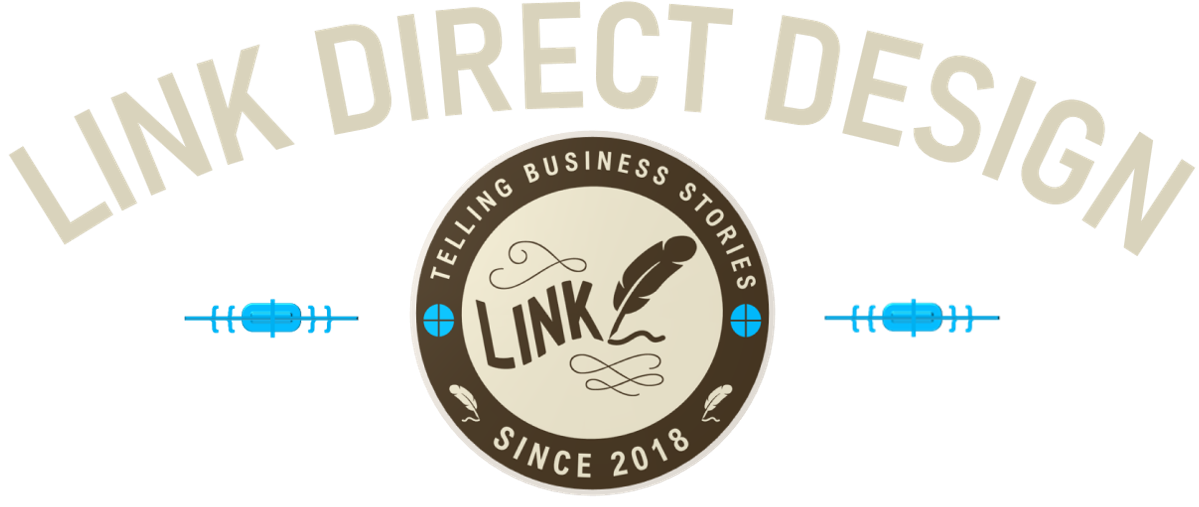Differentiating Isn’t About the Company, Its Products, or Its People
Increasing margin and revenue in a competitive market, you already know, doesn't happen on its own. Companies - large and small - need an effective Unique Selling Proposition. The practical Unique Selling Proposition - USP - resolves a business pain that is experienced by a potentially profitable segment of your market. This identity is what sets your company apart.
Yes, you have great products, people and service! By themselves, however, they do not separate you in the minds of prospects from others who say the same thing. You need something to leverage that is an umbrella over your products, people and service. Something only you can offer in your own way.
Every company promotes that it has the best people, the best products and the best service. And every prospect discounts that claim as unproven. You must demonstrate a unique focus or approach to compete less on price and more on subject matter expertise.
It is About How Your Unique Selling Proposition is Ibuprofen for a Business Pain.
When determining what to promote as your USP - that thing you do so well that it is worth considering you first out of all others in the field - consider three cross-over areas between your company, your potential prospects’ company, and the companies that may be competing with you for the prospect’s mind.
The gray circle in the illustration represents the pain a facility manager has that needs a better solution. That circle has intersections with your competition, the yellow circle, which may be know for specific types of solutions itself. Finally, there is your company, the orange circle, and what you become known for providing. Again, it is not your products, not the product features, not your people and not your specific services. Where these circles come together represents opportunity as well as areas to avoid.
Your competitor may already be known as a leader in providing selected kinds of solutions. If so, this is an area in which you will be disadvantaged. In other areas, you and a competitor may be roughly equal. In those areas, you are forced to compete on price or some other margin-deteriorating factor, creating low-productivity sales. When you compete at the intersection of the unique solution you become known for, and the needs of facility managers, you have an advantage.
That advantage, well executed and delivered, leads to:
Increased sales - because you have something to interest people that is larger than your product lines.
Better quality closes - margin and fit.
Greater customer loyalty - because you have differentiated yourself and shown unique value.
Better long-term customer retention or repeat business - which is less based on price.
“Become the thing” that solves a real business pain experienced by your prospects. Be what only your company can be and compete there.
Use Differentiation Shift to Become a Co-Manager with your Client
If you can differentiate your organization based on offering a better approach to a perceived business pain, you are more likely to work with prospects bilaterally as co-managers, rather than unilaterally on a vendor-purchaser basis. In the first case, you have more opportunity to affect the ways your customers and prospects interact with you. In the second - the vendor-purchaser scenario - well, that's business as usual, and it is often steep terrain. The result can be shrinking margins or an endless cycle of changing to what is new to find a product or service with margin left.
You can differentiate with time-proven marketing tools and a plan your sales staff will be able to start using in the first month. If you are a distributor, a building services contractor or a route-service provider, we speak your language.
We Can Help You Tell Compelling Stories About “That Thing You Do, Oh So Well.”
Six Steps to Improving Margins and Your Sustainability in a Highly Competitive Marketplace Include:
Begin to gather soft data. Find out what stakeholders think.
Collect hard data. Find out what you have to work with.
Respond based on the data (data-driven management). Some of these responses will involve proposals to your customers, some will not. Focusing on co-managing and working the problems will build rapport in a way that being eager for that next sale item will not.
Begin to take responsibility for outcomes in your customer’s built environment. Use the Iterative Cleaning Feedback Loop: collect data, evaluate & plan, document protocols, engage staff.
Continuing to prospect by continuing to tell your story in different places, different ways and different formats in the on-line world. The more dynamic your efforts, the more they will compound in effectiveness. This commitment will increasingly put your information where people interested in what you are best at can find it. They will begin to recognize your unique subject-matter expertise.
Continue to monitor results and provide planning for your customers. This is something websites cannot effectively offer, and that most of your competition provides on a hit-or-miss basis. Part of your uniqueness becomes follow-through.
You will find a collection of several foundational USPs to consider, here. (We ask you a little information about your company to begin tailoring our assistance.) One of the USPs may well inspire you to oil the gears of your cleaning industry business machine. The effort is straight-forward, simple and cost-effective. We will develop and provide supporting marketing project schedules and steps customized to your needs for predictable, budgetable modest expenses.
Collecting data is key to your ongoing relationship in a co-manager role. Taking responsibility for outcomes helps separate you from websites and big box stores.
If you believe your organization can be more than the sum of the products it offers
or the services it performs, and you think we might have a fit based on this mutual interest, try us out for one month, free.







